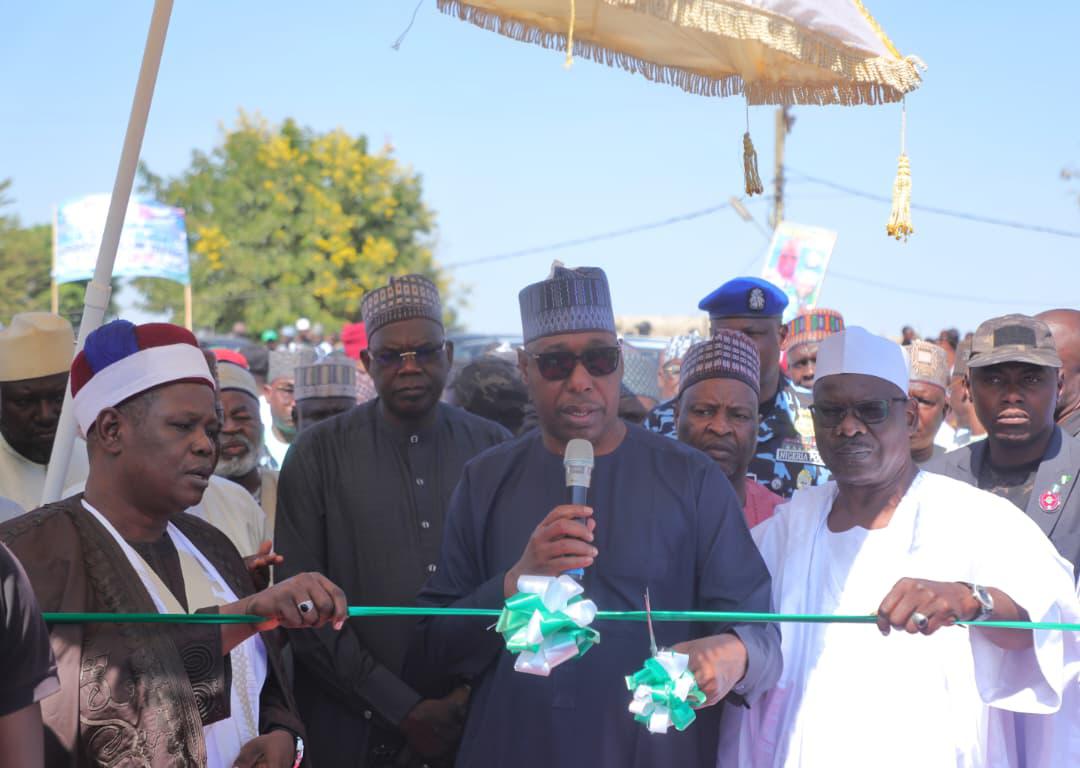The Head of Marketing at AXA Mansard Insurance Plc, Olusesan Ogunyooye, has called on Nigerian universities to deepen their town-and-gown collaborations by ensuring that academic research directly responds to societal needs and business challenges.
Addressing students of the Department of Languages and General Studies at Covenant University, Ota, in his paper titled: “Beyond the arts: Applying the knowledge of language to business,” Ogunyooye also stressed the need for stronger collaboration between the institution and its host community.
While commending the institution’s efforts in bridging the gap between academia and industry through its ‘town and gown initiative’, Ogunyooye said more still needs to be done, especially in the areas of research relevance, industry co-creation, and practitioner involvement in evaluation and knowledge development.
He said: “We need to move beyond engagement for the sake of it. It’s time for academia to ask how research can solve the everyday challenges of business owners, how it improves society, shapes policy, or drives innovation.
“I sell insurance, and every day, I have sleepless nights about what can attract Nigerians to insurance. How can I move them from the spirituality of ‘God forbid’ to the pragmatism of investing in insurance? Yet, when I interview graduates and ask about their research topics, it is difficult for me to connect them to solving any existing problems I face,” Ogunyooye stated.
With increased insurance penetration, the insurance boss noted that the economy would receive a boost. For instance, he disclosed that the country lost over $4.6 billion to flooding between 2022 and 2024, wiping out more than N700 billion in farm assets, while in healthcare, about 993 women die per 100,000 live births due to pregnancy-related causes. He lamented that these are losses a highly penetrated market could help mitigate.
“To show the power of insurance, during the #EndSARS and xenophobia crises, insurance companies stepped up, paying out over N11 billion in claims to help businesses recover and reopen.
“Imagine how many jobs could have been lost if there were no insurance policies on some of these businesses. Insurance isn’t just a financial strategy for businesses and individuals; it’s a foundation for national resilience, economic recovery, and the well-being of our people,” he added.
He urged universities to develop frameworks where lecturers not only observe practitioners in action, but actively collaborate with them, using real-world data, trends, and business case studies to inform scholarly work, adding that it’s no longer enough for research to be a means to a degree, but must be a tool for national development.
Drawing from his journey as an English Language graduate to a senior executive in the insurance, real estate, healthcare, fintech, and public-private sectors, Ogunyooye explained how the practical application of the science of language, communication, and cultural insight has driven success across industries.
He also called on the universities to rethink the scope of thesis and dissertation projects, ensuring that more work is tied to real-time challenges faced by both the public and private sectors.
“When students are researching what real businesses are struggling with, and when faculty collaborate with industry in shaping and evaluating that work, then research becomes a tool for transformation,” he said.
The session, which drew participation from students and faculty alike, is part of Covenant University’s ongoing efforts to foster collaboration between classroom learning and industry realities.
He urged universities to develop frameworks where lecturers not only observe practitioners in action but also actively collaborate with them using real-world data, trends, and business case studies to inform scholarly work, saying, “It’s no longer enough for research to be a means to a degree. It must be a tool for national development and business growth.”






